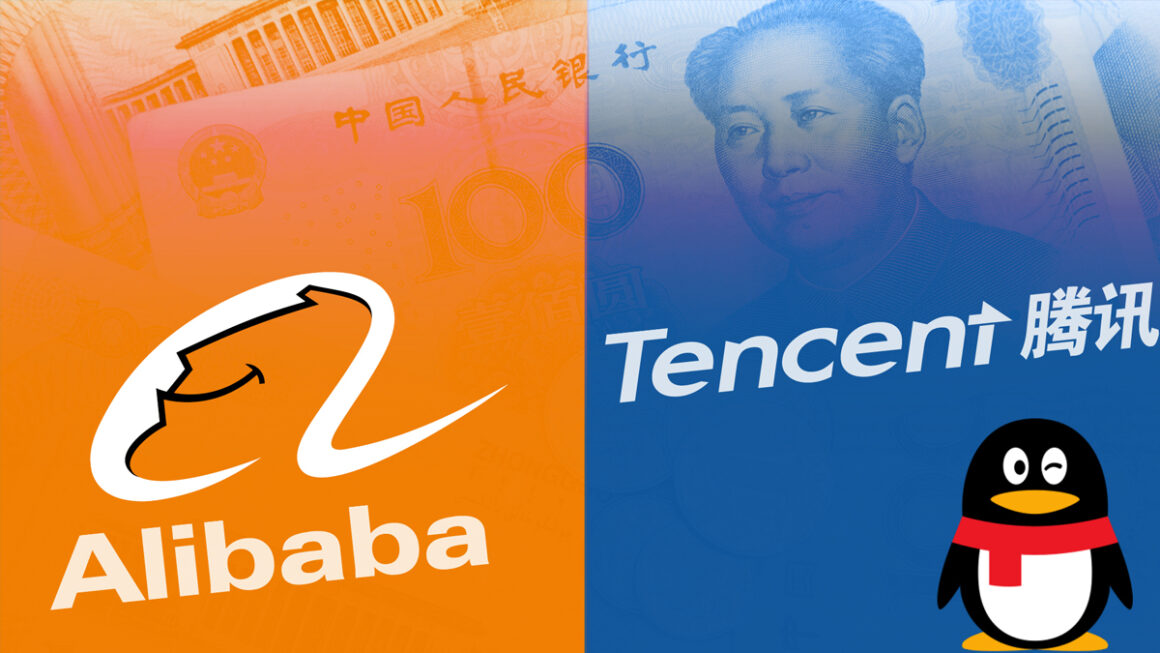According to the South China Morning Post, Tencent, Ant Group, Baidu, JD.com, and a few other major Chinese tech companies put out a “self-disciplined development proposal” for the “digital collectible industry” last week. This proposal would require users who issue, buy, and sell non-fungible tokens to use their real names for authentication (NFTs).
According to the China Cultural Industry Association, the signatories of the agreement also acknowledged and reaffirmed the existing rule that bans the use of cryptocurrencies. They also emphasized that platforms offering digital collectibles, which is how NFTs are called in mainland China, can “only support legal tender as the denomination and settlement currency.”
Also, platforms for digital collectibles should have the right government certifications, make sure the blockchain technology they use is secure, and do more to protect intellectual property.
Even though reselling NFTs isn’t mentioned in the statement, the effort promises to stop the creation of secondary markets for trading NFTs and to “strongly oppose speculation.”
The China Cultural Industry Association says, “Unlike most overseas platforms that use NFT technology as financial items, local digital collections are more thought of as a type of digital culture creation.”
China’s NFTs
The most recent proposal for China’s NFT market comes from private companies, so it is not required by law. However, it could still be a big step toward clearer rules. State officials who are in charge of making industry standards might think about the ideas.
Last year, Chinese authorities made it harder to do business with cryptocurrencies. They banned cryptocurrency transactions and forced many Bitcoin miners to leave the country.
But the crackdown didn’t reach the NFT space. In January, China’s Blockchain Services Network, which is backed by the government, announced the creation of its own platform for launching tokenized digital collectibles, but on a private, non-public blockchain infrastructure that doesn’t allow crypto transactions.
Tencent, Ant Group, and Baidu have also made digital collection markets based on private chains that only accept Chinese currency for purchases and don’t allow second-hand trading.
In April, the National Internet Finance Association of China, the China Banking Association, and the Securities Association of China put out rules that say NFTs can’t be used to issue securities, insurance, or loans, and financial institutions in the country can’t help people trade or invest in NFTs.
The post Alibaba and Tencent will require ID checks for NFT purchases appeared first on NFT News Pro.
